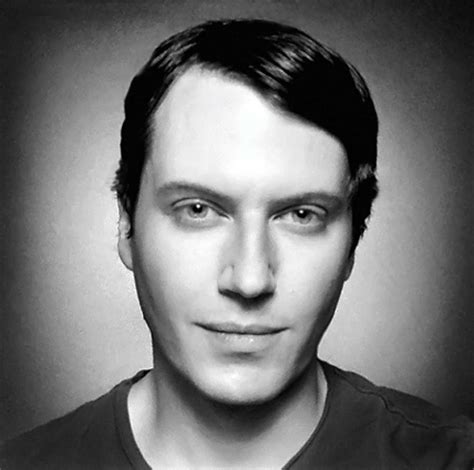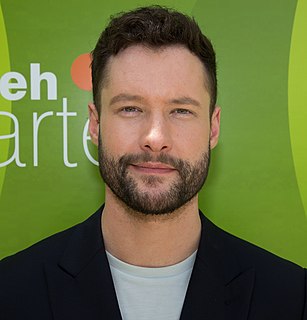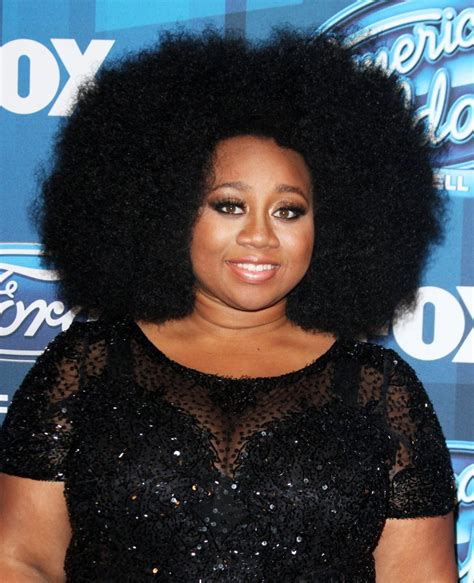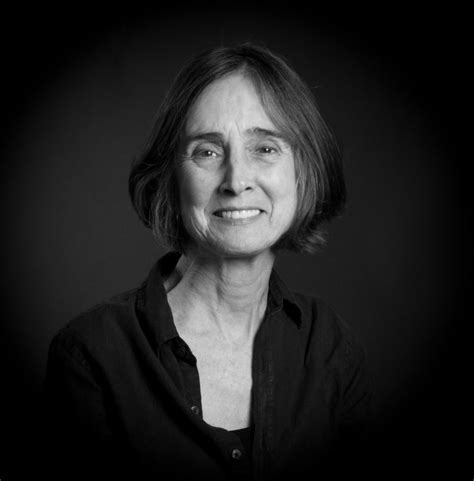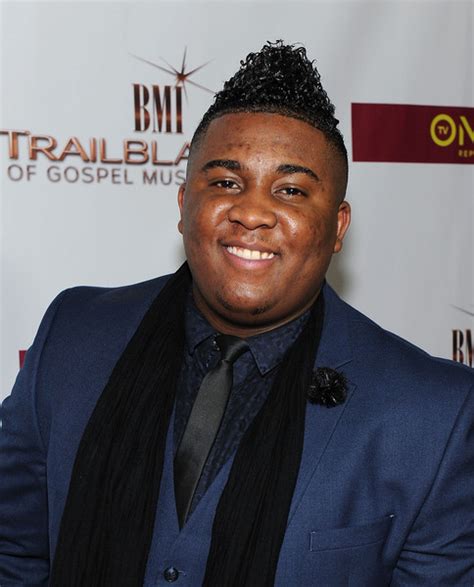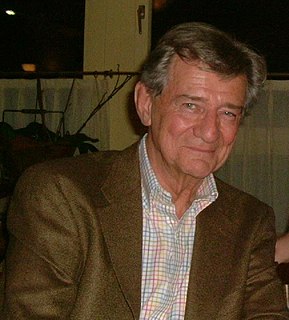A Quote by Neill Blomkamp
'District 9', 'Elysium' and 'Chappie' were all born out of some visual concept first. 'Chappie' is the imagery, because I think I'm a visual person first, of this ridiculous robot character. It's much more comedy based and in an unusual setting.
Related Quotes
In 'Chappie,' you see this sort of young robot that's learning through maybe 'deep learning' how to see the world really, look out into the world, and learn step by step. What's so interesting is that with 'Chappie,' you're getting to see how human behavior reacts to artificial intelligence, and I don't think it's always going to be positive.
My favourite stuff is visual, and I always want to work with visual artwork. I think it depends on the person, but for me, photographs of an image of something interesting or inspiring is worth a lot more than words to me. I think every concept I've come up with and turned into films or that will be hopefully become a film comes from images first.
Usually in theater, the visual repeats the verbal. The visual dwindles into decoration. But I think with my eyes. For me, the visual is not an afterthought, not an illustration of the text. If it says the same thing as the words, why look? The visual must be so compelling that a deaf man would sit though the performance fascinated.
I'm a visual thinker, so I think of everything visually, first. A lot of what an issue will become for me starts with me thinking, "What's a great cover?," or "What's the splash image?," or "What is the title of the issue? How do I see the text?" I think about all of that stuff, and then the story comes out of that imagery.
I don't necessarily think there's a difference in terms of how the film industry and the ad industry view visual effects. If visual effects (or the lack thereof) are used as a tool to strengthen an idea, they're great. If they are meant to carry more of a load in the absence of a concept, they're a waste and a distraction.
The less you offer, the more readers are forced to bring the world to life with their own visual imaginings. I personally hate an illustration of a character on a jacket of a book. I never want to have someone show me what the character really looks like - or what some artist has decided the character really looks like - because it always looks wrong to me. I realize that I prefer to kind of meet the text halfway and offer a lot of visual collaborations from my own imaginative response to the sentences.

